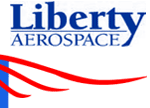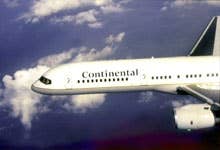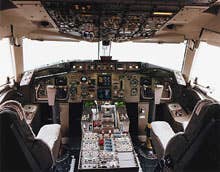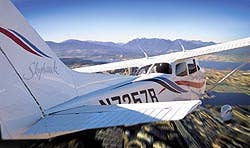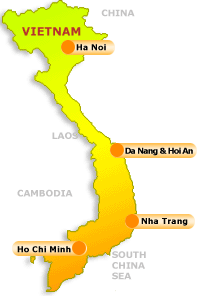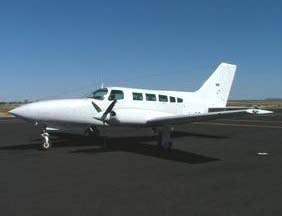Airport Security: Starting Over, $4.5 Billion Later
The U.S. government has found that many of the security protocols that have been put in place since 9/11 are ineffective, unreliable and too costly, The New York Times reported yesterday in a front-page story. For example, audits have shown that replacing private airport screeners with TSA workers didn’t improve security. Millions spent on screening equipment also has had dubious results. The TSA bought 1,344 machines at $1 million each to search for explosives in checked bags, but they set off false alarms for up to 30 percent of all luggage, the Times said. The frequent alarms mean more screeners must be hired, and when it gets busy, sometimes the checks are bypassed, workers have said.
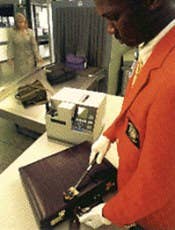
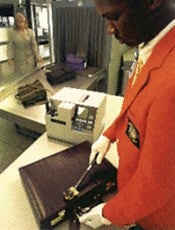 The U.S. government has found that many of the security protocols that have been put in place since 9/11 are ineffective, unreliable and too costly, The New York Times reported yesterday in a front-page story. For example, audits have shown that replacing private airport screeners with TSA workers didn't improve security. Millions spent on screening equipment also has had dubious results. The TSA bought 1,344 machines at $1 million each to search for explosives in checked bags, but they set off false alarms for up to 30 percent of all luggage, the Times said. The frequent alarms mean more screeners must be hired, and when it gets busy, sometimes the checks are bypassed, workers have said. So has all the spending been worthwhile? "The nation is more secure in the deployment and use of these technologies versus having no technologies in place at all," Brian Roehrkasse, a spokesman for the Department of Homeland Security, told the Times. A report on aviation security released last week by the Heritage Foundation, a conservative think tank, argues that the TSA needs to be reorganized to focus only on aviation. In other TSA news, President Bush on Friday nominated Edmund "Kip" Hawley to be the fourth head of the agency, which is only four years old. The TSA's current chief, David Stone, will leave the job in June. Hawley previously was vice president of transportation services for the Union Pacific Railroad. He is expected to lead a transition in the agency to a use of more high technology.
The U.S. government has found that many of the security protocols that have been put in place since 9/11 are ineffective, unreliable and too costly, The New York Times reported yesterday in a front-page story. For example, audits have shown that replacing private airport screeners with TSA workers didn't improve security. Millions spent on screening equipment also has had dubious results. The TSA bought 1,344 machines at $1 million each to search for explosives in checked bags, but they set off false alarms for up to 30 percent of all luggage, the Times said. The frequent alarms mean more screeners must be hired, and when it gets busy, sometimes the checks are bypassed, workers have said. So has all the spending been worthwhile? "The nation is more secure in the deployment and use of these technologies versus having no technologies in place at all," Brian Roehrkasse, a spokesman for the Department of Homeland Security, told the Times. A report on aviation security released last week by the Heritage Foundation, a conservative think tank, argues that the TSA needs to be reorganized to focus only on aviation. In other TSA news, President Bush on Friday nominated Edmund "Kip" Hawley to be the fourth head of the agency, which is only four years old. The TSA's current chief, David Stone, will leave the job in June. Hawley previously was vice president of transportation services for the Union Pacific Railroad. He is expected to lead a transition in the agency to a use of more high technology.

